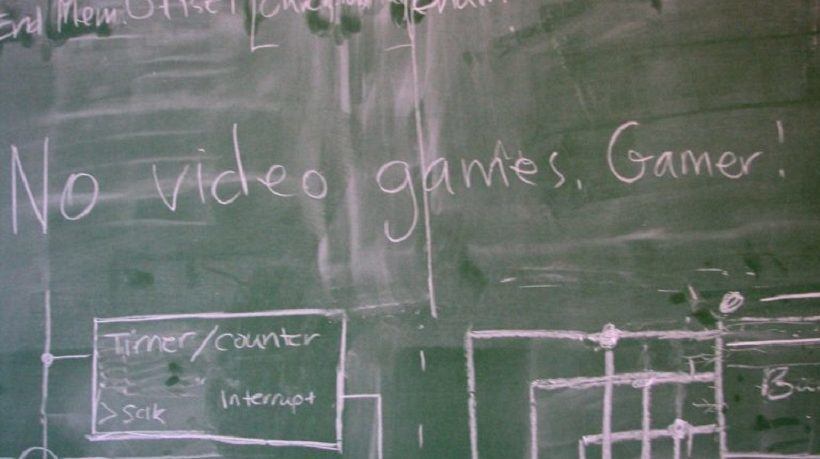Video Games As Tools: Discussing The Educational And Political Capacities Of Video Gaming
Here is what Dr. Kate O’Halloran (The University of Melbourne) told us about the educational and political capacities of video gaming and especially the game Civilization V. But first...
Have you heard of the infamous Wu Zetian, the only woman to rule China as Empress regnant (from 690–705) in more than four millennia? The woman whom legend tells strangled her own daughter for her shot at power, accusing her predecessors of witchcraft?
“Folklore has it that Zetian wore a yellow robe, usually reserved for monarchs”, says Dr. O’Halloran.
“She is one of only two women in Chinese history to wear it, so she was a trailblazer in many respects. I work in the field of Gender Studies, so these sort of details fascinate me”.
Dr. O’Halloran did not learn about Zetian from her studies, however. She learned about Zetian from playing Sid Meier’s turn-based strategy epic, Civilization V.
“I actually started playing it during my PhD. I’d heard about its incredibly addictive nature – the ‘just one more turn’ phenomenon. After all that arduous brain work, I wanted something totally engrossing to play at night to take my mind off study.”
What Dr. O’Halloran encountered was a surprisingly educational experience:
“I’ve never been a history buff and my geography is hopeless. But each Civilization has its own ‘personality’ and designated leader [like Zetian] that teach you historical facts. For example, I knew that every time I played Mongolia they’d declare war on me almost straight away!” she laughs.
“So I started paying attention to the introductions and ‘fast facts’ the game displays for each Civ. That’s how I learned that the Mongol Empire of the 13th and 14th centuries was the largest in history, led by the rampant invasions of Genghis Khan. Their ruthless annexing of other Civs in the game made so much historical sense.”
Educating Players
As Dr. O’Halloran suggests, video games like Civilization V can educate players, introducing them to historical events, empires, and leaders, and presenting these events in a certain light. But she isn’t the only one who understands the power of gaming to shape minds. The content of a game is hardly ever “neutral”, even though it may be presented as such. Who makes the decisions about what to include and what to exclude? Who decided to include the trailblazer Wu Zetian in Civilization V? The content of video games can be political as much as educational. Back to Dr. O’Halloran, who teaches the educational and political capacities of video gaming at a University level.
“One of my favorite weeks was on hacking. We tried to reframe hacking not just as an inherently ‘bad’ practice, but as something potentially politically productive. We used a U.S. example where some hackers infiltrated a military training game that budding recruits play in preparation for their entrance into the U.S. Army.
”These hackers participated in the chat thread with the recruits – repeatedly posting the names and times of death of civilians who had died in the Iraq war. It was fascinating to see how angry the potential recruits got; their sheer bewilderment trying to figure out what the barrage of mostly Arab names meant, before they finally tried to ban the hackers from the thread altogether.
”I felt like the hackers succeeded in conjuring some of the cognitive dissonance required to fight in wars that necessitate the killing of innocents for the ‘greater good’, mostly off the back of racist constructions of the ‘terrorist’. For me, the example shows that gaming isn’t just educational, it is also political.”
Game-Based Techniques In eLearning Design
So, video games can be political as much as educational. But how does this relate to eLearning in a broader sense?
There are two ways in which game-based techniques are used in eLearning.
Firstly, educational games can be used to introduce, study, practice, or sometimes even manipulate learning content. In this setting the content is presented as a game. Civilization V might fit into this category – although it does not call itself an educational game, players are introduced to real historical events, empires, and leaders. There are thousands of educational games on the market.
Secondly, game-based techniques can be applied to the design of learning materials to motivate the learner. In this setting the content is presented as a course with gamification elements such as levels, progress bars, and Moodle badges. The addictive elements of gaming are used to motivate and guide the learner.
This two-fold approach of how game-based techniques are used in eLearning design makes an understanding of gaming critical when designing eLearning content.

